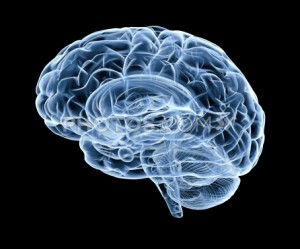Podcast: Play in new window | Download
 “90% your long-term happiness is predicted not by the external world, but by the way your brain processes the world.” Dr. Shawn Achor, “The Happy Secret to Better Work” TEDx 2011
“90% your long-term happiness is predicted not by the external world, but by the way your brain processes the world.” Dr. Shawn Achor, “The Happy Secret to Better Work” TEDx 2011
In today’s episode we:
- Explore the power of gratitude
- Consider what we can do to make use of gratitude
- Discuss how science is trying to reshape memories.
Gratitude/Thankfulness
- Can gratitude save your…job, relationship, life?
- What about medication? What if after doing all the right things our brain still do not cooperate and gratitude seems out of reach?
- Seeing the good, not ignoring the bad. Gratitude does not deny the bad.
- Can we change the wiring in our brain?
- Can an attitude of gratitude help us with PTSD recovery? It can. As we adopt a mindset shaped by being able to see what is truly good in ourselves, others, and the world we are in a better position to deal with our traumatic experiences.
Reshaping Memories with Genetics… (see the post on Reshaping Memories)
Gratitude Experiments:
- 3 Gratitude Each Day for 21 Days
- Journaling One Positive Event Each Day
- Exercise
- Meditation
- Random Acts of Kindness: E-mail/send a positive note
I will be doing #1.
What one or two will you be doing? What other ways have helped you maintain an attitude of gratitude?
Resources and References:
- Shawn Achor’s TED Talk, http://www.ted.com/talks/shawn_achor_the_happy_secret_to_better_work.html
- The Neuroscience of Why Gratitude Makes Us Healthier, http://www.huffingtonpost.com/ocean-robbins/having-gratitude-_b_1073105.html
- The Importance of Gratitude, Umass – Darthmouth, http://www.huffingtonpost.com/ocean-robbins/having-gratitude-_b_1073105.html
- Why Giving Thanks Is Good For the Psyche, http://www.huffingtonpost.com/2011/11/22/give-thanks-health-psyche-brain-emotion_n_1108590.html
- Dr. Robert Emmons, UC Davis, http://psychology.ucdavis.edu/labs/emmons/PWT/index.cfm

